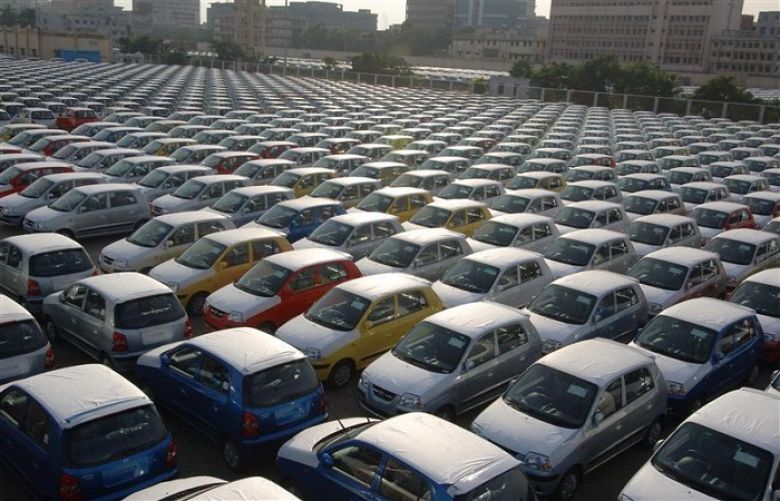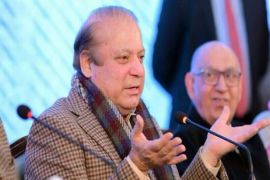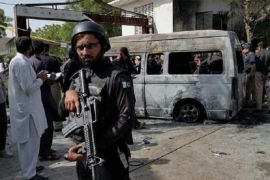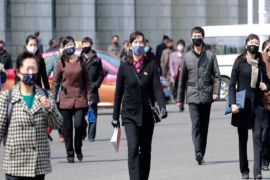Renault, a French car manufacturing company, is expected to start assembling cars in Pakistan by 2018. The government was wooing foreign car makers like Renault and Nissan with generous import duties earlier this year.
After approval of Prime Minister Nawaz Sharif's economic policy and vision, Special Assistant to the PM and Chairman of the Board of Investment (BoI) Miftah Ismail held meetings with stakeholders in Pakistan and foreign companies in the automobile sector, the BoI said in a statement released on Thursday.
Ismail earlier said it was expected one or two foreign investors would be coming to Pakistan.
He had said that new entrants would be able to import machinery for plants duty free. Customs duty for importing car parts has been set at 10 per cent, while existing players will have to pay 30pc.
"We want greater competition, and we expect with greater competition consumers will be offered better choices," he had said.
A source close to Renault told Reuters earlier this year that Pakistan was under consideration for new production investment, along with other potential locations, but added that discussions were at a very early stage.
Nissan chief spokesman Jonathan Adashek had said: "Pakistan is certainly a market of interest for us at present", but added no final decision had been made at the time.
Ismail met with foreign companies like Volkswagen, Peugeot, Renault and Nissan. During the Eid holidays, the BoI chairman and Finance Minister Ishaq Dar visited France and met Renault's top leadership.
The Economic Coordination Committee of the Cabinet headed by the finance minister constituted a committee to review the Auto Policy and recommend new measures for expansion, investment and consumer protection in auto sector of Pakistan.
The committee was headed by Minister for Water and Power Khawaja Muhammad Asif and included Ismail.
The committee held several meetings and interacted with all stakeholders and came up with new policy package to attract greenfield investment as well as revive existing closed auto units in the country.
Odds stacked against Pakistan, analysts say
Analysts say the odds are stacked against Pakistan finalising deals, despite the concessions on offer.
A major obstacle is the perennial concern about political stability in a country where the military has staged several coups since independence and attempted others.
The threat of militancy also remains high, despite the armed forces' long-running campaign against groups including the Taliban.
Foreign companies have been reluctant to invest large sums when the long-term outlook is so uncertain.
"There is potential in Pakistan. There is no doubt about that," said Puneet Gupta, associate director at consultant IHS Automotive said earlier this year. "(But) we really don't feel Pakistan is in a relatively stable condition, from a mid to long-term perspective."
Another potential turn off for investors is the size of Pakistan's car market, where 180,000 cars were sold in the 2014/2015 fiscal year.
That compares with more than 2 million passenger vehicles a year in neighbouring India.
Some Pakistanis are frustrated by high prices and the quality of locally produced cars, which tend not to have airbags, anti-lock breaking systems (ABS) and other features considered standard elsewhere.
The cheapest Pakistani car, the Suzuki Mehran, sells for 650,000 Pakistani rupee ($6,200), or about double the price of a comparable model in India.







